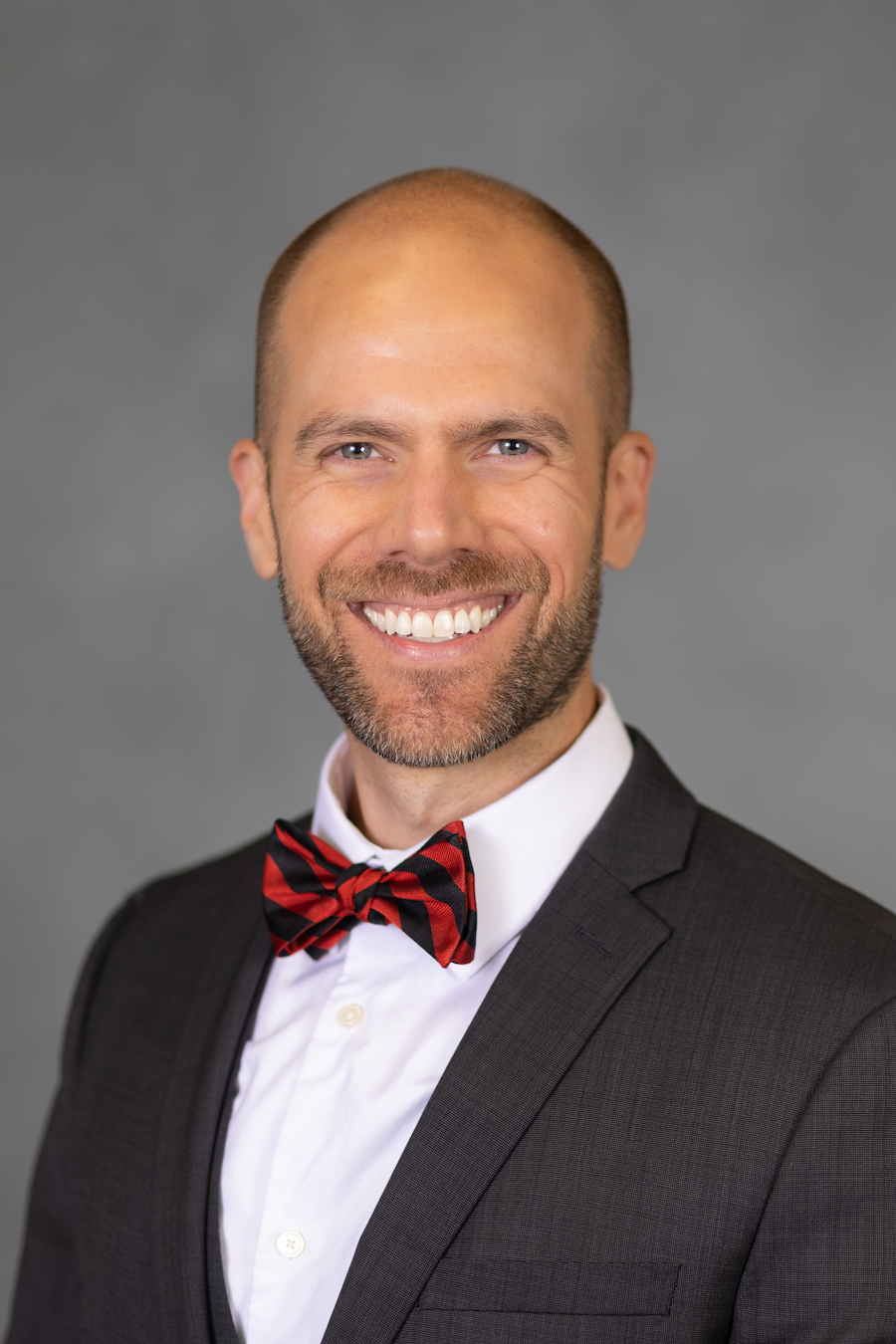APSU professor sheds light on historic speaker election in national op-ed
By: Ethan Steinquest October 9, 2023
 CLARKSVILLE, Tenn. - The race for speaker of the House is on following Rep. Kevin
McCarthy’s historic removal, and Dr. Michael Bednarczuk, an assistant professor of
political science at Austin Peay State University, says the path to victory will require
navigating a minefield of factional interests within the GOP.
CLARKSVILLE, Tenn. - The race for speaker of the House is on following Rep. Kevin
McCarthy’s historic removal, and Dr. Michael Bednarczuk, an assistant professor of
political science at Austin Peay State University, says the path to victory will require
navigating a minefield of factional interests within the GOP.
Bednarczuk took a deep dive into the factors that could determine the winner with an opinion piece published in the Oct. 4 edition of The Hill – a national news outlet focused on politics, business and international relations.
“I love it any time that I can take what I’m researching and give it to a broader audience, whether that’s in my classroom or through a national platform,” he said. “For many people, it’s the first time they’ve ever thought about how a speaker is elected. I wanted to step in and say that while what got us here is unprecedented, we as scholars have a good idea as to what we can expect in this election.”
Bednarczuk’s research areas include political behavior and public service, and his analysis of the 2015 speaker election was published in USC Lancaster’s Journal of Ideology.
“Members of Congress each have specific goals, and they see the speaker as a way of trying to reach them,” he said. “The goals of those members can be diverse, but they generally fall into specific categories. I wanted to look at all those categories and what a potential speaker would have to do to try and meet all those different goals.”
The House of Representatives is directly responsible for electing a speaker, and Bednarczuk said members tend to support candidates who can help them reach their objectives. Those range from reelection and leadership assignments to policy goals and procedural changes.
“Trying to meet all those requirements is an almost impossible task, but if someone were able to do it, I think they’d be very well-positioned to not only be elected speaker but stay speaker,” he said. “I think there’s a very low likelihood of that, so I wouldn’t be surprised if we see another recall down the road.”
Whoever ultimately wins the election will occupy an important position in U.S. politics. The speaker presides over the House of Representatives and is second-in-line to serve as acting president under the Presidential Succession Act of 1947.
With that in mind, Bednarczuk said he wanted to avoid partisan talking points and use his article to help explain the election process in a more grounded, academic way.
“I think it’s important for students to see what the faculty does outside of the classroom,” he said. “While we’re very focused on what’s happening in our classrooms, we’re also at the forefront of contemporary research … what we’re doing at Austin Peay has real-world implications.”